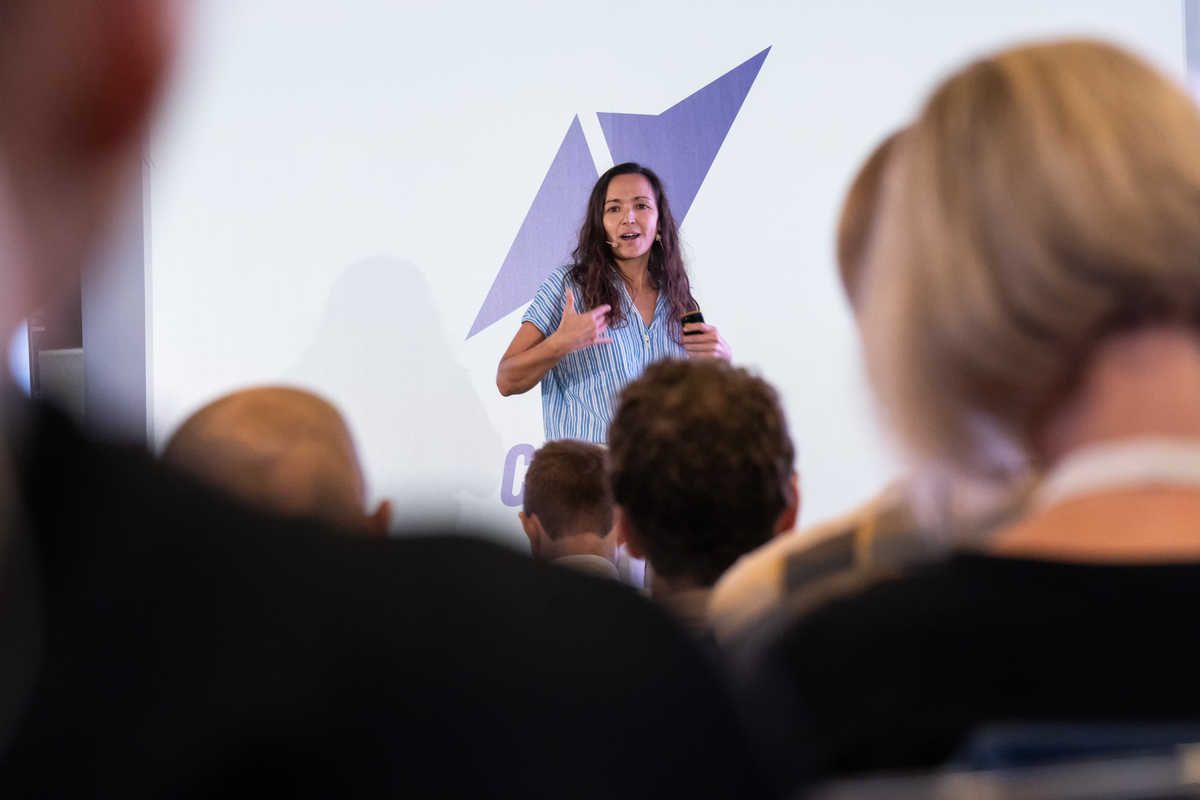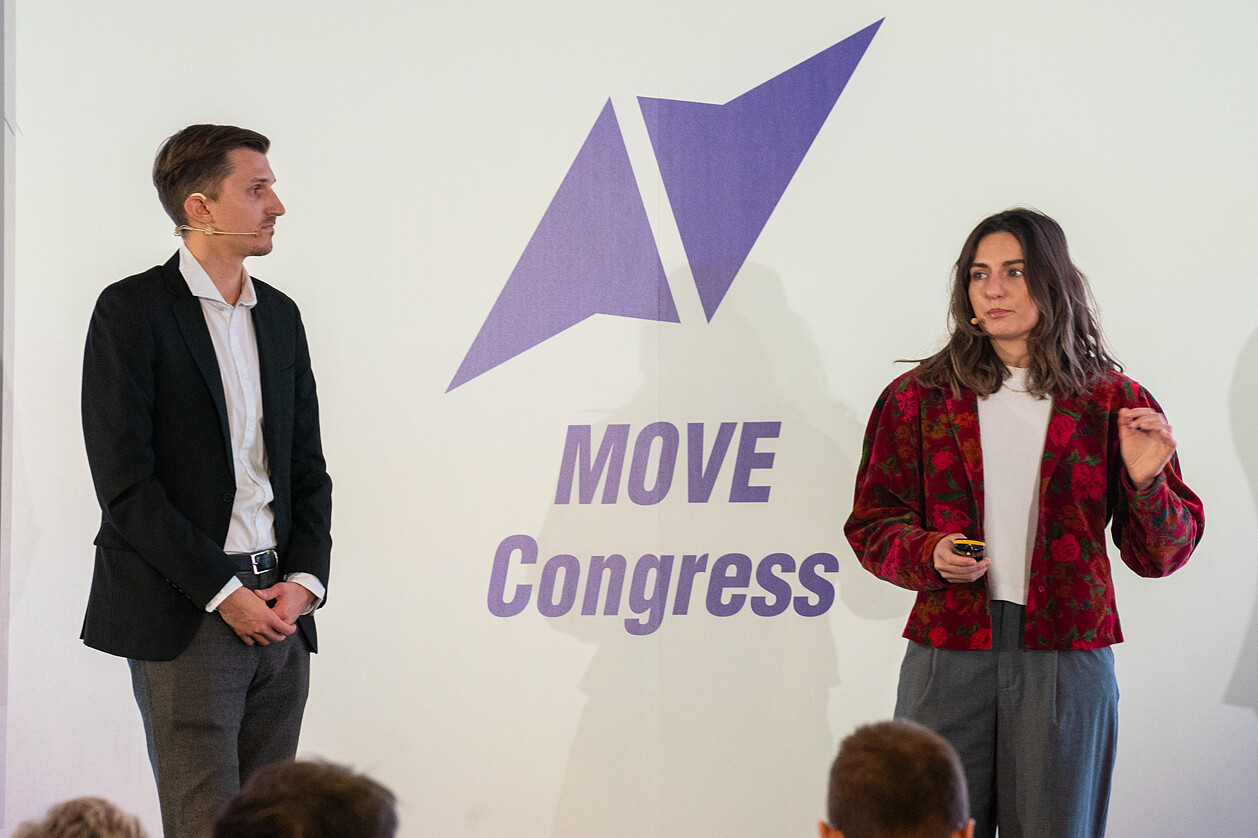
Shaping up for the digital age: AI implications and opportunities for the non-profit sport sector
The MOVE Congress 2023 workshop ‘Fit for the digital age’ was a fun-filled hour and a half of learning the basics of artificial intelligence (AI) and how non-profit sport organisations can benefit from its different capabilities. Led by Lucy Mills, founder of Ready Sport Global (READY), Markus Schwaiger, former ISCA Youth Officer and tour guide based in Austria, and Julia Lisewska, ISCA Youth Officer in Communications, the workshop made a case for the responsible and ethical use of AI in sport by sharing knowledge, practical tools and success cases with the audience.
The MOVE Congress 2023 joined in the conversation around AI, its implications, challenges and opportunities in a workshop that invited professionals in sport to get “fit for the digital age”. The session explored multiple practical ways in which sport organisations can benefit from AI-powered technology, but not before introducing the basic concepts that tend to get buried under all the noise.
“We are not pushing AI, but rather inviting people to learn about it so we can use it well and unlock the new opportunities it brings,” Lucy Mills said about READY, her tech-focused company that focuses on driving business and community impact for women’s sport. Mills stressed the importance of AI literacy as a first step to understanding how to leverage it in sport and gave the audience a quick but comprehensive introduction to the topic.
 Artificial intelligence 101
Artificial intelligence 101Using a bakery analogy, Mills explained that the data are the ingredients while the algorithms are the instructions designed to mimic the human brain and perform tasks such as translating, interpreting, summarising, and more. Markus Schwaiger and Julia Lisewska equipped the audience with a list of free AI tools available with a fun and engaging demonstration of how they can help sport organisations.
The session also addressed the inevitable challenges and concerns raised by the fast development of these new and complex technologies and how to manage them.
Solutions such as open-source initiatives, regulatory measures, education and training, especially among under-represented groups, can help combat gender bias perpetuation, concentration of power and the spread of “deep fake” content and misinformation.
And what about sport?
“There is a huge opportunity with emerging technologies like AI to democratise the sport sector, enabling more accessibility with fewer resources,” Mills said.
AI is already present in the sports industry and some organisations are making use of the new possibilities it brings and, according to Mills, this is just the beginning. She pointed out that AI-powered tools tend to be more accessible than the conventional ones, democratising innovation in the sector. Measuring athlete performance, enhancing the fan experience, preventing injuries and optimising equipment design are some of the practical ways in which AI is bringing innovation to sport.
Can AI also help promote inclusion and positive impact in sport? According to Mills and the real-life examples she gave, the answer is yes. By bridging the gender gap and advancing women’s sports, for instance. “For women’s sports to grow, it will need to collect more data, since research has been majorly focused on men’s sports so far. We have tools available that can support the growth of the business side, but the pool is lacking right now.”
Mills also shared a case in which AI technology was used for social media monitoring, helping eliminate discrimination and build a more positive online community, which also translated into direct commercial return.
The audience was invited to reflect on how AI might help them in different areas of their work and take practical steps such as experimenting with free available tools and seeking education through online courses.
Will you take on the challenge too? How can AI improve your work in sport?
By Heloisa Souza


